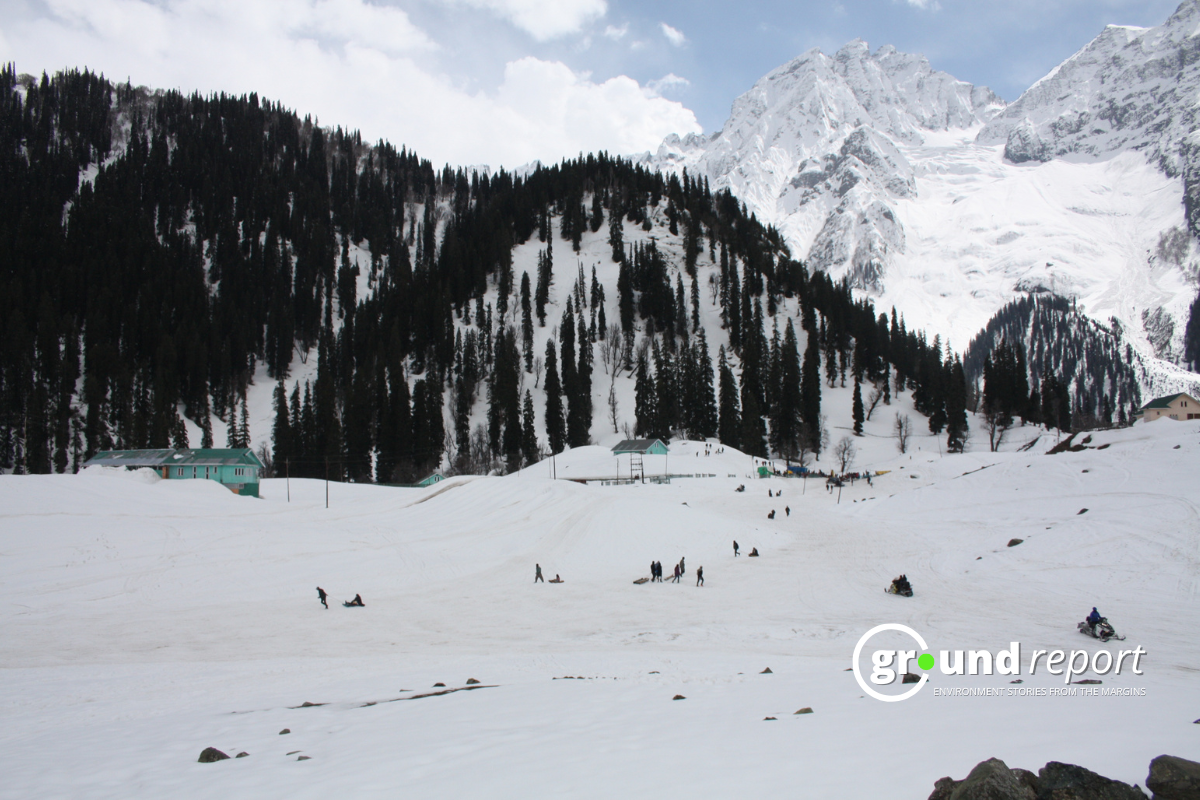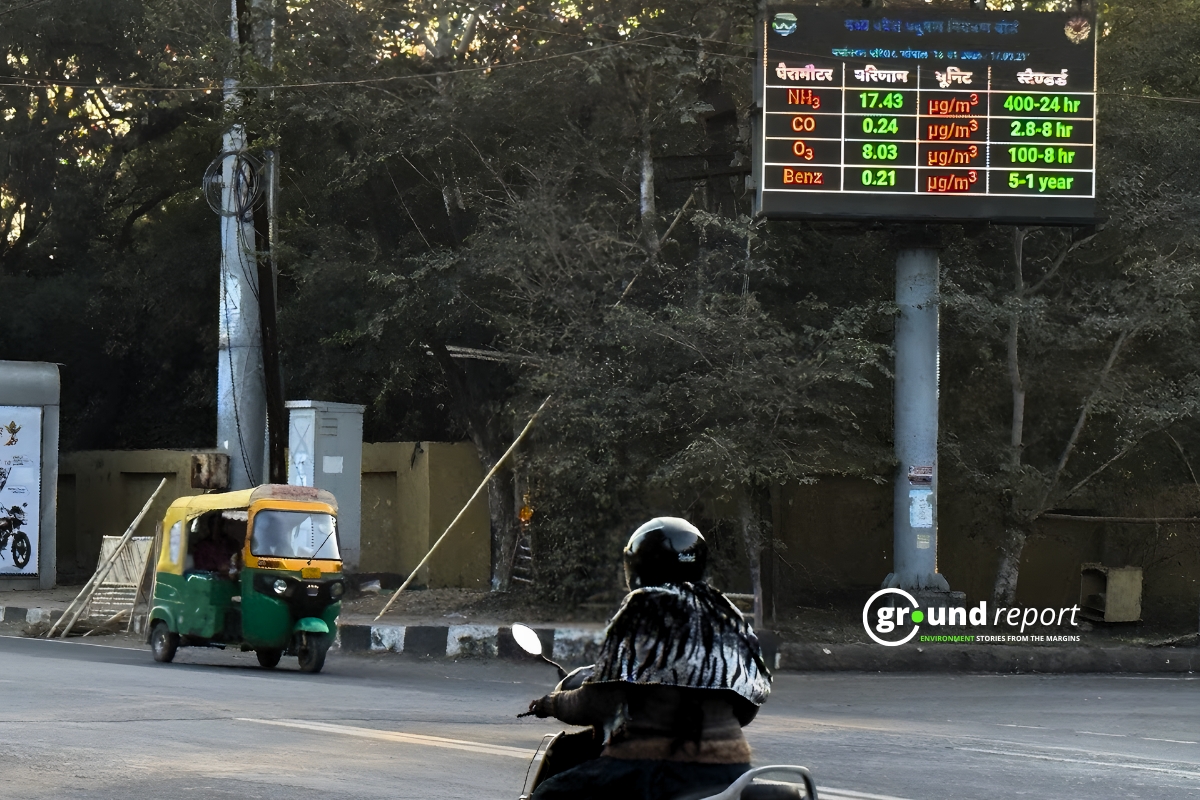A new study has found that if global temperatures rise by four degrees Celsius, the global gross domestic product (GDP) could shrink by about 40 percent by the end of the century. Previous research had estimated an 11 percent decline, making this new figure almost four times higher.
4°C rise may cut GDP 40%
Researchers from the University of New South Wales’ Institute for Climate Risk and Response conducted the study, which was published in Environmental Research Letters. The findings suggest that even if the world limits temperature increases to two degrees Celsius, GDP per capita could still fall by 16 percent. Earlier estimates had suggested only a 1.4 percent decline.
Climate Action Tracker has warned that even if nations meet their climate goals, global temperatures could still rise by 2.1 degrees Celsius. The study challenges past economic models that suggested climate change would have minimal impact on the economy. Many governments have used these optimistic projections as justification for slow action on reducing emissions.
One major flaw in past research was the failure to account for how extreme weather events in one region can affect other countries. Previous studies looked only at the direct impact of weather changes on national economies, ignoring global supply chain disruptions. For example, they did not consider how flooding in one nation could reduce food supplies elsewhere.
The new study factors in these global connections and concludes that climate damage is far worse than previously estimated. Extreme weather events are already disrupting economies by destroying crops, damaging infrastructure, and increasing food prices. Rising temperatures also impact worker productivity, health, and public safety. Diseases such as dengue and malaria are spreading to new regions, while conflicts and forced migration are becoming more common.
Climate change may cause global food shortages
Earlier research predicted that economic losses from a four-degree temperature increase would range between 7 and 23 percent. However, these estimates relied on past disasters, which were mostly localized. In the past, if South America faced a drought, food could still be supplied from other regions with better conditions. Climate change threatens to create simultaneous disasters in multiple regions, making food shortages and economic instability harder to mitigate.
The study warns that no country is safe from the economic consequences of climate change. Some previous research suggested that colder regions like Russia and Northern Europe might benefit from warming temperatures. The new findings dispute this, arguing that global trade dependencies mean that every nation will suffer economic losses.
Dr. Timothy Neal, the lead researcher, stated that reducing emissions may cause short-term economic strain but is necessary to prevent long-term economic collapse. “Our research shows that previous predictions about climate change and the economy were overly optimistic,” Dr. Neal wrote in The Conversation. “Other recent studies also suggest that the damage has been underestimated.”
Neal emphasized that “rising global emissions put our children’s future at risk. The sooner we understand the dangers of climate change, the sooner we can take action to stop it.”
The researchers recommend limiting global temperature rise to 1.7 degrees Celsius, aligning with stricter carbon reduction efforts under the Paris Agreement. Older models had suggested a 2.7-degree limit, but this study finds that economic damage accelerates sharply beyond 1.7 degrees.
Dr. Neal explained, “In a hotter future, we can expect cascading supply chain disruptions triggered by extreme weather events worldwide. These systems that currently buffer economic shocks will become vulnerabilities.”
He further pointed out that “there’s an assumption that some colder countries will do better, but supply chain dependencies mean no country is immune.”
Climate change raises costs worldwide
The study also highlights that current models do not fully account for potential future climate adaptations, such as improved infrastructure or migration policies. Despite this, the urgency remains clear. Climate change is already affecting global economies, driving up food prices and insurance costs.
The new findings come just days after the World Meteorological Organization confirmed that 2024 was the hottest year on record. For the first time, global temperatures exceeded the 1.5-degree mark for an entire year. The organization’s report warned of irreversible damage to glaciers, oceans, and ecosystems and rising economic costs from extreme weather.
The study underscores the need for immediate and stronger climate policies. If emissions continue unchecked, the world risks severe economic fallout alongside environmental destruction. “We continue learning from how we see climate change impacting our economy right now, from rising food prices to insurance costs,” Dr. Neal said. “We need to be responsive to new information if we’re going to act in our best interest.”
He concluded by saying, “The global economy is far more exposed to climate breakdown than previously thought, making the case that rapid decarbonization is not only an environmental imperative but an economic necessity as well.”
Support us to keep independent environmental journalism alive in India.
Keep Reading
How much budget BJP govt in Delhi allocate for environmental causes?
Temperature crosses 40°C in seven cities of Madhya Pradesh
Deadly wildfires ravage South Korea, killing at least 24
SC fines ₹1 lakh per tree for illegal felling in Mathura-Vrindavan
Follow Ground Report on X, Instagram and Facebook for environmental and underreported stories from the margins. Give us feedback on our email id greport2018@gmail.com.
Don’t forget to Subscribe to our weekly newsletter, Join our community on WhatsApp, and Follow our YouTube Channel






